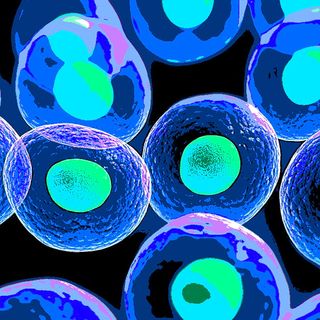Masterchef Junior might be on to something: Teaching kids to cook early contributes to healthy food habits in adulthood — less fast food and more home-cooked, healthy meals, according to a new study.
Published in the Journal of Nutrition Education and Behavior, the research suggests that learning to cook at a young age may have long term benefits when it comes to healthy eating habits.
“The impact of developing cooking skills early in life may not be apparent until later in adulthood when individuals have more opportunity and responsibility for meal preparation,” said lead author Jennifer Utter from the University of Auckland, New Zealand. “The strength of this study is the large, population-based sample size followed over a period of 10 years to explore the impact of perceived cooking skills on later nutritional well-being.”
Researchers collected data as a part of Project Eating and Activity in Teens and Young Adults, a longitudinal study that was conducted in schools in the Minneapolis-Saint Paul area of the US. This was a long-term study where information on participants’ ability to cook was collected between 2002 and 2003, when they ranged between 18 to 23 years of age. Later in 2015 to 2016, the same participants, who were then between 30 and 35 years of age, were asked about their cooking skills, how often they cooked and ate homemade meals, how often they ate meals as a family, and how often they indulged in fast food.
Participants’ higher perception of their cooking skills when young correlated with better nutrition later. In the study most participants felt they had adequate cooking skills, with about one-quarter feeling they had very adequate skills. There were no differences in perceived cooking skills by sex, race or ethnicity, educational attainment, or age. Those who felt they has more than adequate skills in cooking usually corresponded with healthier food habits, as measured by higher rates of home-cooked meals — using vegetables, on most days — and lower consumption of fast food. These super-cookers also showed tendency to eat more meals as a family, and experienced fewer barriers to food preparation.
“Opportunities to develop cooking skills by adolescents may result in long-term benefits for nutritional well-being,” Utter concluded.
Related:




